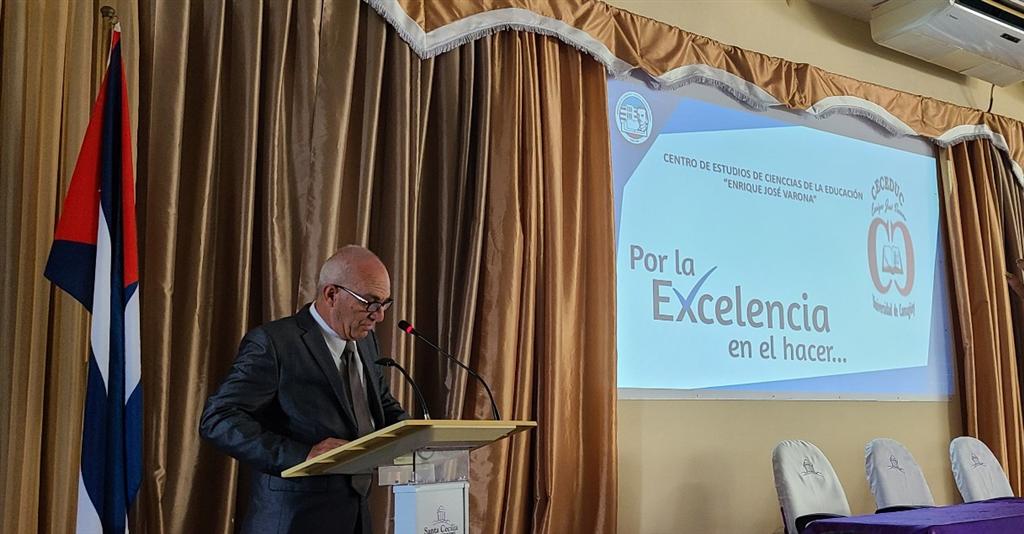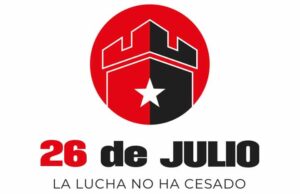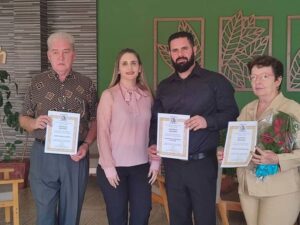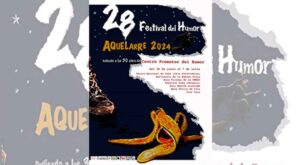The three decades of life of the Enrique José Varona Centre for Educational Science Studies (Ceceduc) set the tone for the research development agenda of the University of Camagüey (UC) today.
Gathered this day at the Santa Cecilia Convention Centre, its 17 members were able to exchange experiences of a work that seeks inclusive education, sustainable human development, as well as the promotion of a culture of peace and constant scientific improvement.
Research of national and international impact, most of which is capable of generating foreign exchange for Cuba, is the hallmark of Ceceduc, which has even been recognised by the Ibero-American University Association of Postgraduate Studies.
The Centre, which is the pride and prestige of Cuban higher education, according to its director, Jorge García, goes beyond doctoral and master’s degree training.
«Committed. An impregnable bulwark of the Revolution. Supported by the structure that generates foreign currency income through research, if we are talking about economic contribution,» said the pedagogue at the presentation of the programme.
Associated with the VLIROUS University Cooperation Network, the Ibero-American Pedagogy Network, the Latin American and Caribbean Teachers’ Network, and the UNESCO Curriculum Community, this UC Centre is one of the most advanced in terms of curricula in the Cuban higher education system.
«Systematic work and the will to improve, in addition to advising master’s theses and the socialisation of science, characterise our collective with several members of the Cuban Academy of Sciences», according to García himself.
More than twenty international alliances and an equal number of collaborative projects involving other ministries such as the Ministry of Public Health and the Ministry of Culture also endorse the Centre for the Study of Educational Sciences, founded in 1994 as a pillar for Cuban pedagogues.




